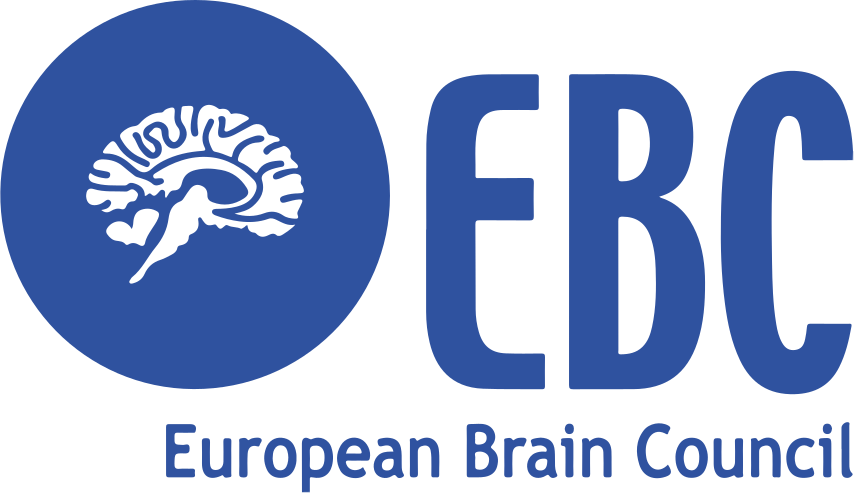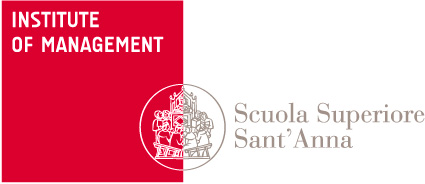
Rethinking Myasthenia Gravis
Rethinking Myasthenia Gravis (MG) is a 2-year multistakeholder research-driven project offering policy recommendations to make tangible changes with the aim to improve the lives of people living with Myasthenia Gravis across Europe. The project officially kicked off during EBC’s Rare Disease Day 2025 event, ‘Towards a Rare Brain Disease Ecosystem‘.
About Myasthenia Gravis
Myasthenia Gravis (MG) is a rare, clinically heterogeneous, autoimmune disorder of the neuromuscular junction characterised by fatigable weakness of voluntary muscles. Myasthenia Gravis (MG), like many other rare diseases, suffers from a lack of wider understanding around the challenges it presents despite affecting over 700.000 people living with MG worldwide. On average, approximately 1 in every 5,000 Europeans lives with this disorder (prevalence) and the rate of new diagnoses varies, ranging from about 1 in 250,000 to 1 in 33,000 people each year (incidence). MG affects both males and females: mainly females before the age of 40 years and males and females equally after the age of 50 years.
There are three groups:
1. Purely ocular Myasthenia Gravis
2. Early-onset (<40-50 years) generalised Myasthenia Gravis
3. Late-onset generalised MG.
For decades people living with MG suffered from inadequate standards of care and the R&D landscape was largely dormant. Recently, there has been an increased influx of attention for Myasthenia Gravis. This is due to both a clearer sense of patient reported unmet needs, as well as the advancements in science in the field of auto immune and neuromuscular diseases such as Myasthenia Gravis. In light of these arising opportunities, such as the expansion of tailored care and treatment, a concerted effort between stakeholders is required to consolidate the current understanding and optimise the management of Myasthenia Gravis for patients and caregivers.
What is the real burden of MG on the society, taking into account the burden for people living with MG, their families and caregivers, the healthcare system, and the different public and private payers? How can care and treatment pathways for MG be optimised from both the patient, their family and healthcare professionals’ perspectives? The project’s will first focus on the assessment of the socio-economic burden of MG, then will address the challenges & gaps of the current care pathway of MG, and finally will design and propose actions to improve the management of MG, like, for example, the optimisation of the patient care pathway, and of the patient /healthcare professionals’ communication & disease perception. The policy recommendations will be developed based on an increased understanding of current gaps in the care pathway, with suggested strategies to pursue the improvement of both the quality and the economic sustainability of MG management.
Focus areas

Part 1
Highlighting the Socio-Economic Burden
of Myasthenia Gravis

Part 2
Optimising the Patient Care Pathways for Myasthenia Gravis from Both the Patient and Clinician Perspectives

Part 3
Policy Recommendations to Inspire Health Policies by Involving the Whole Myasthenia Gravis Community
Partners
The European Brain Council (EBC) is a network of key players in the “Brain Area”, with a membership encompassing scientific societies, patient organisations, professional societies and industry partners. A non-profit organisation based in Brussels, its main mission is to promote brain research with the ultimate goal of improving the lives of the estimated 179 million Europeans living with brain conditions, mental and neurological alike.
The Institute of Management (IoM) conducts research, training, and “third mission” activities across three key areas: innovation, sustainability, and health. IoM’s goal is to advance scientific knowledge internationally and strengthen the nation’s competitiveness, emphasizing social inclusion, stewardship of common resources, and human values on both national and global scales.


The project “Rethinking Myasthenia Gravis” is kindly supported by Alexion and UCB Pharma. All outputs are non-promotional and not specific to any particular treatment or therapy.

